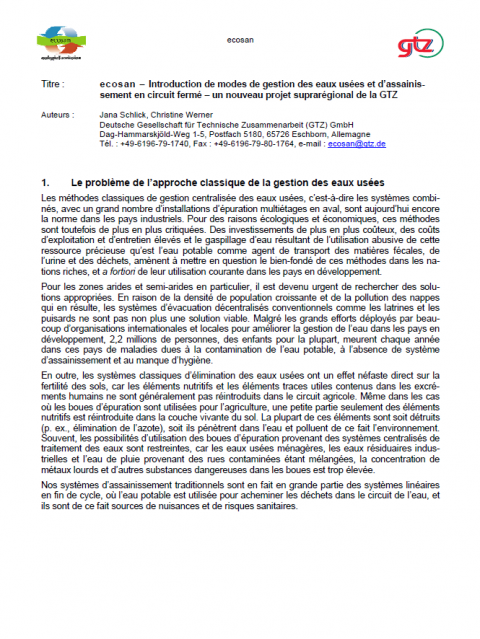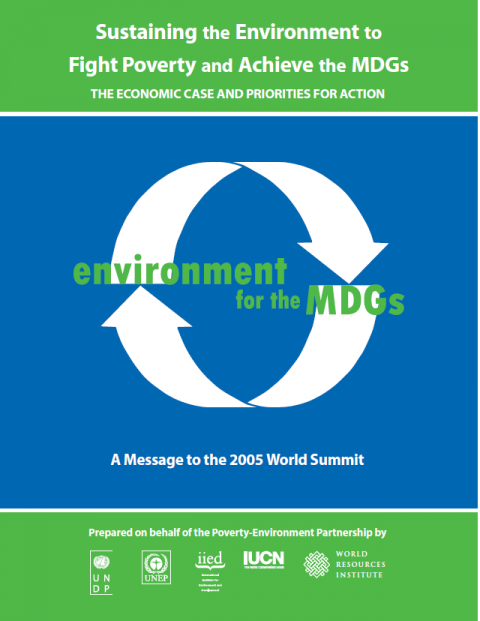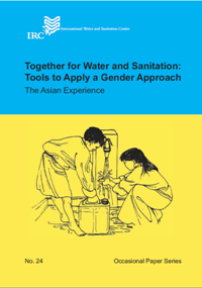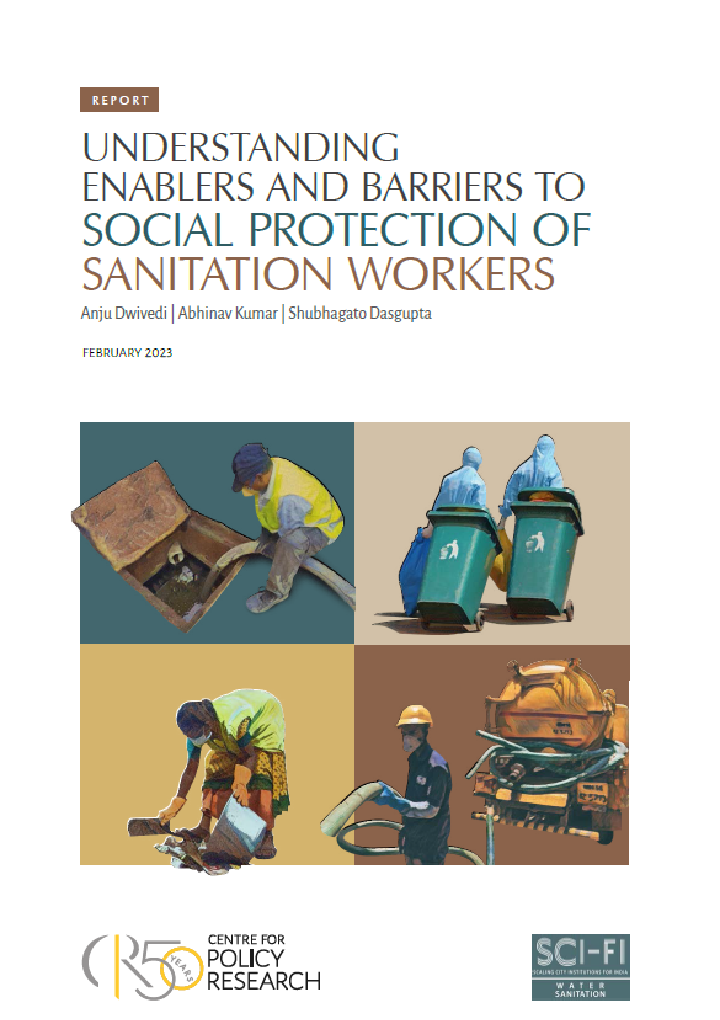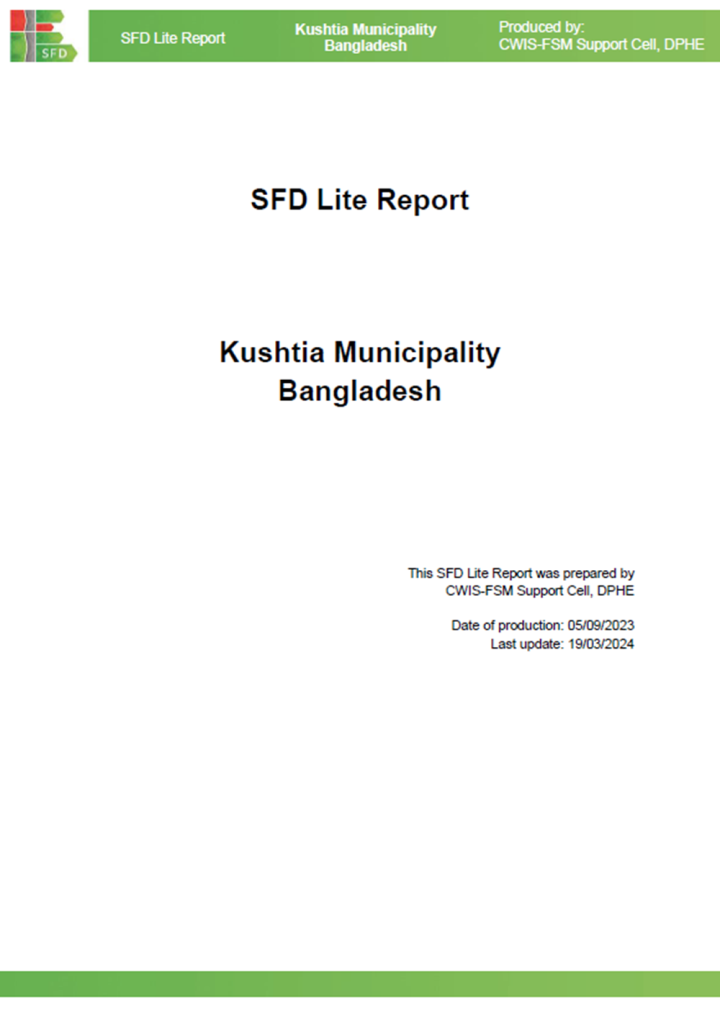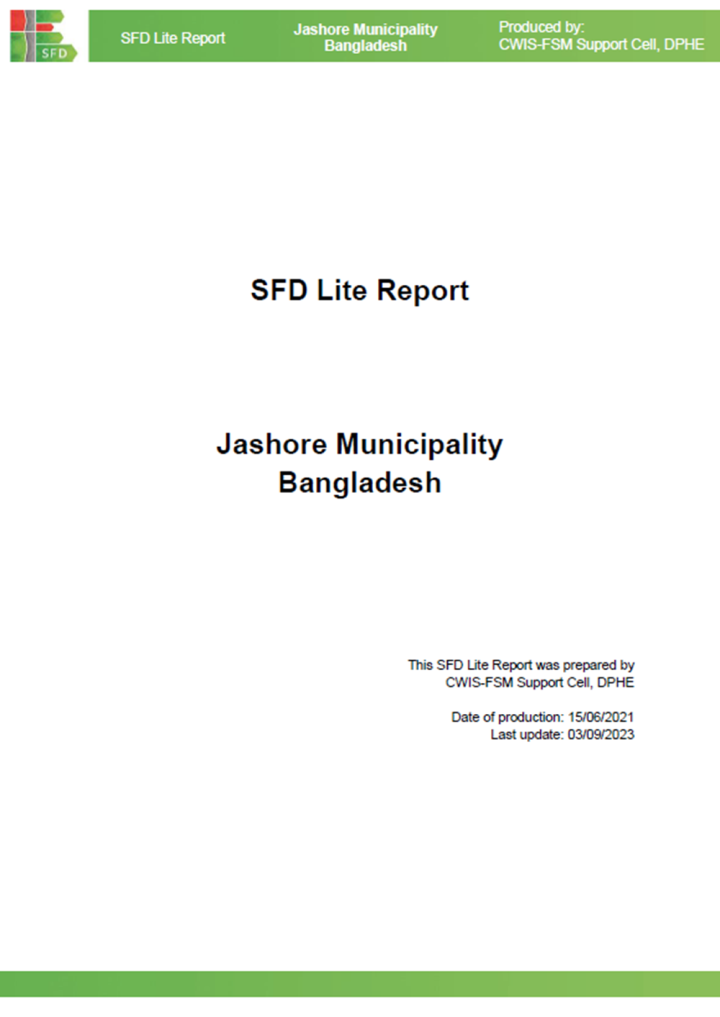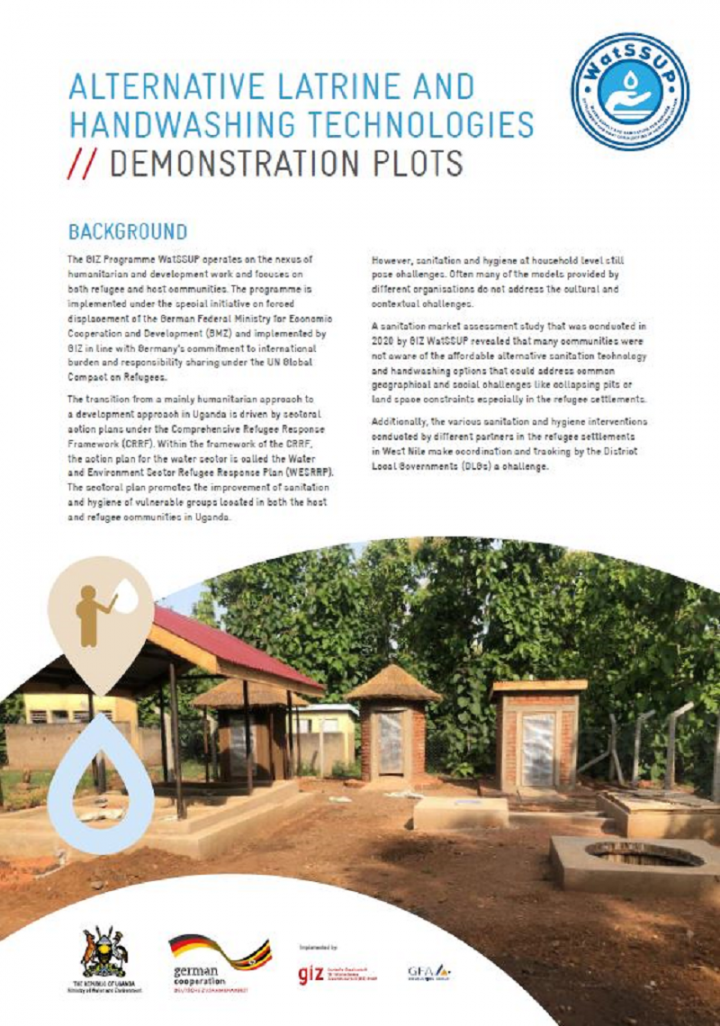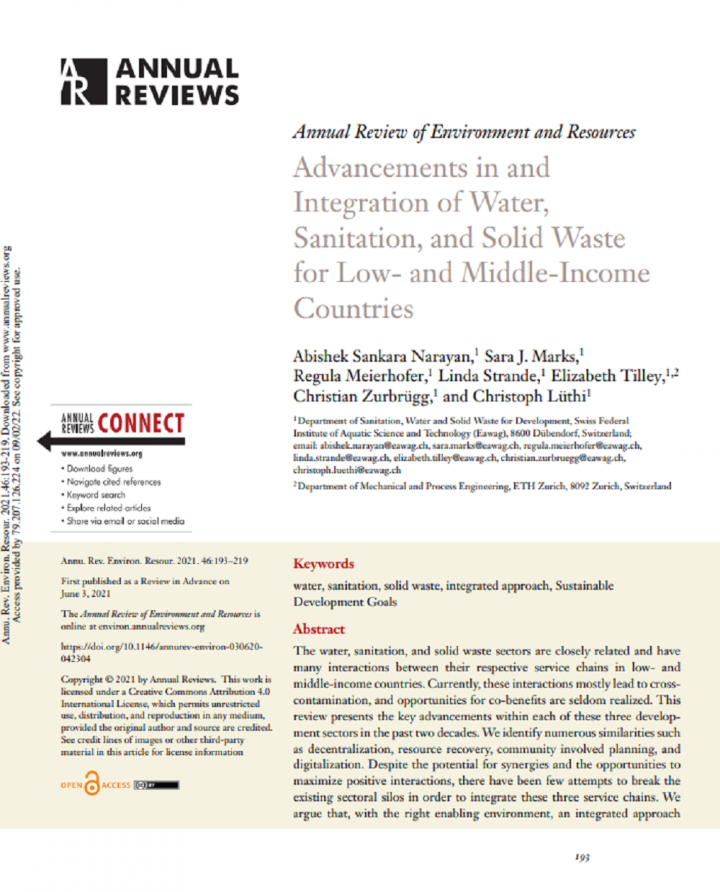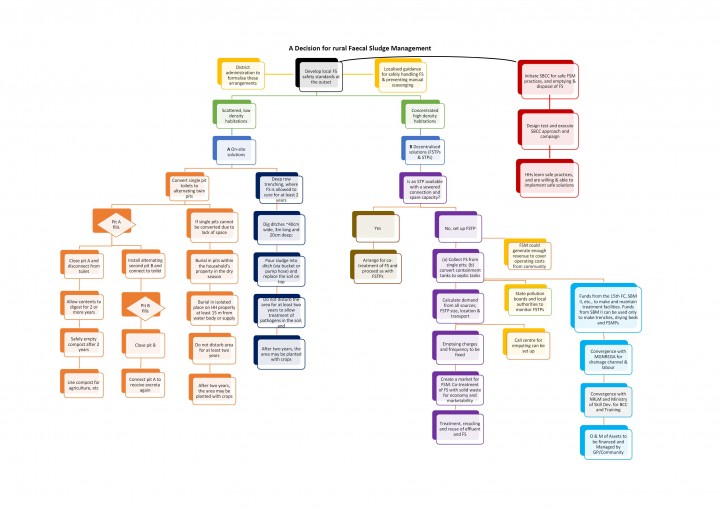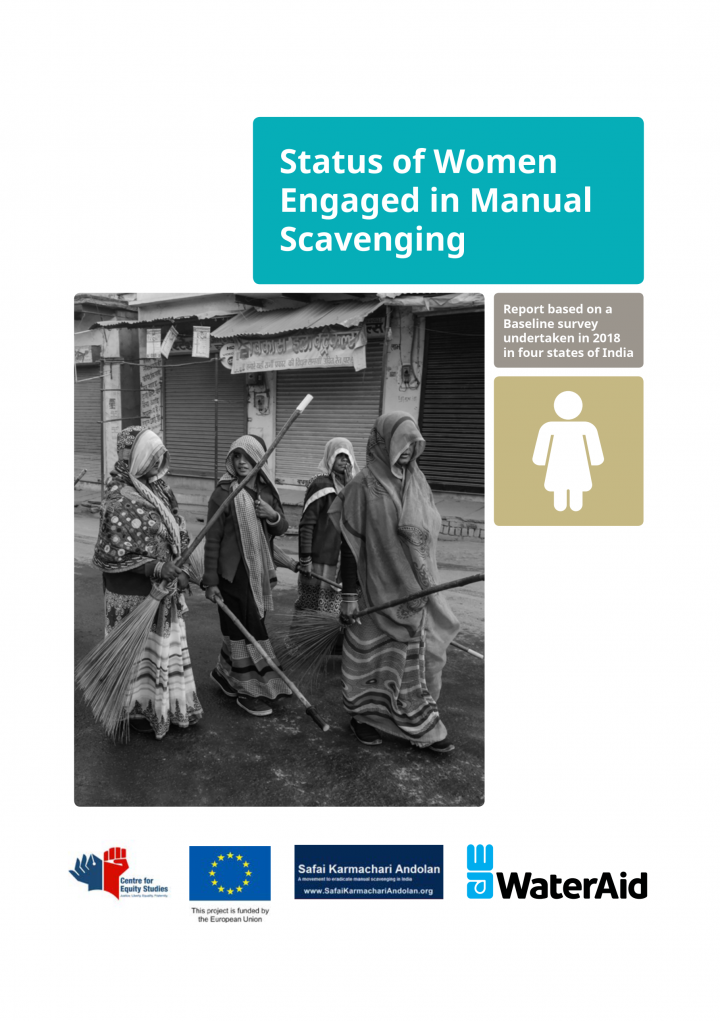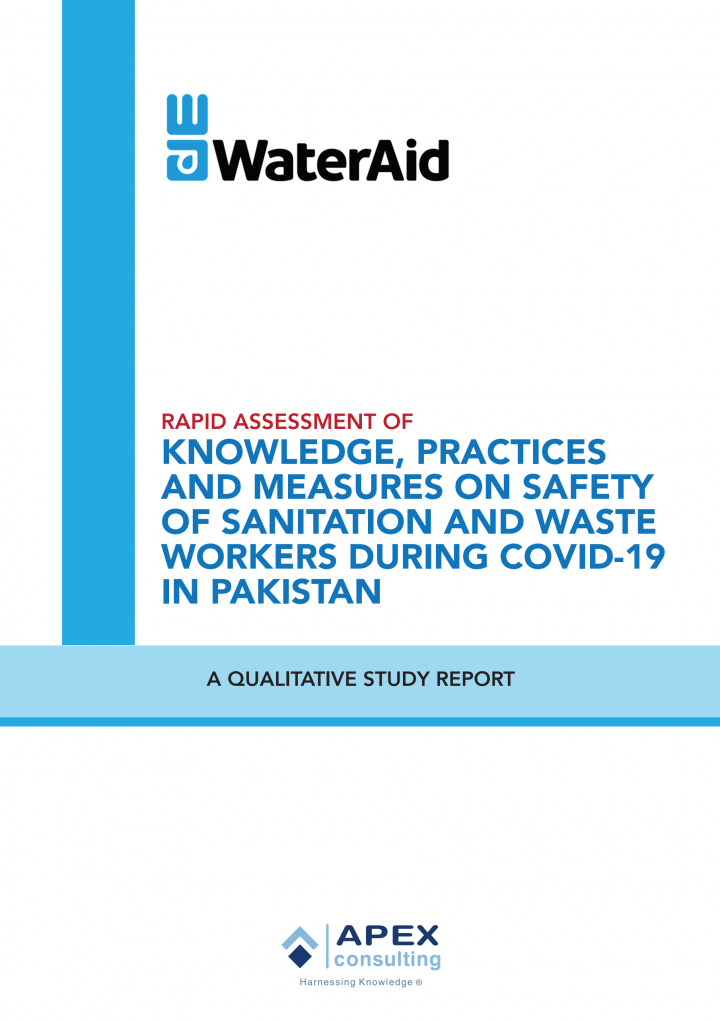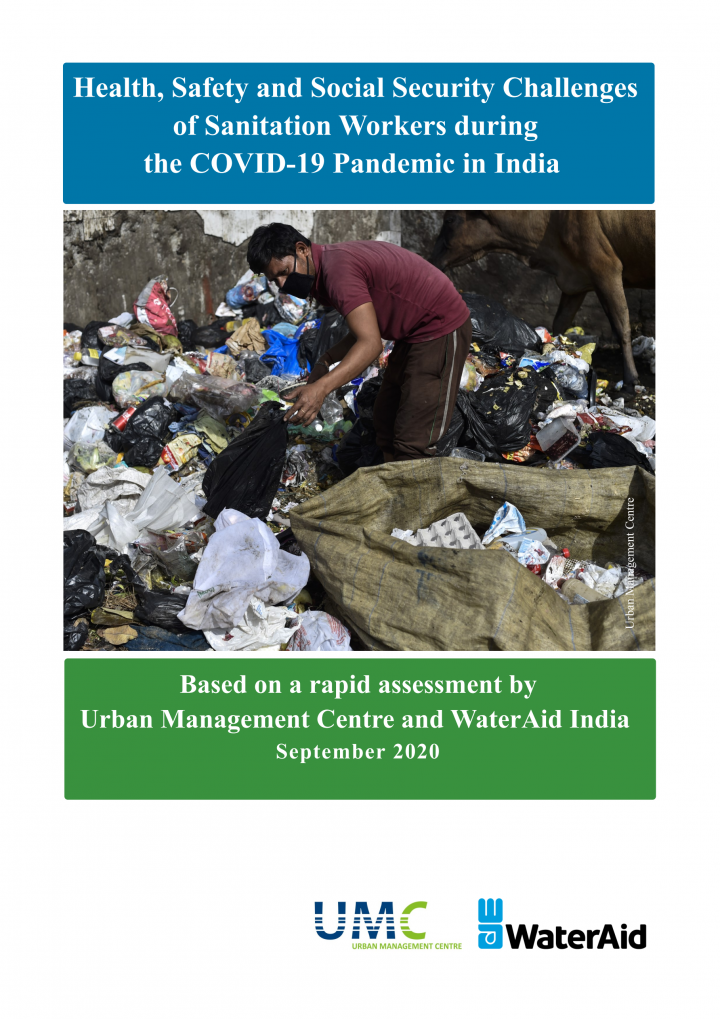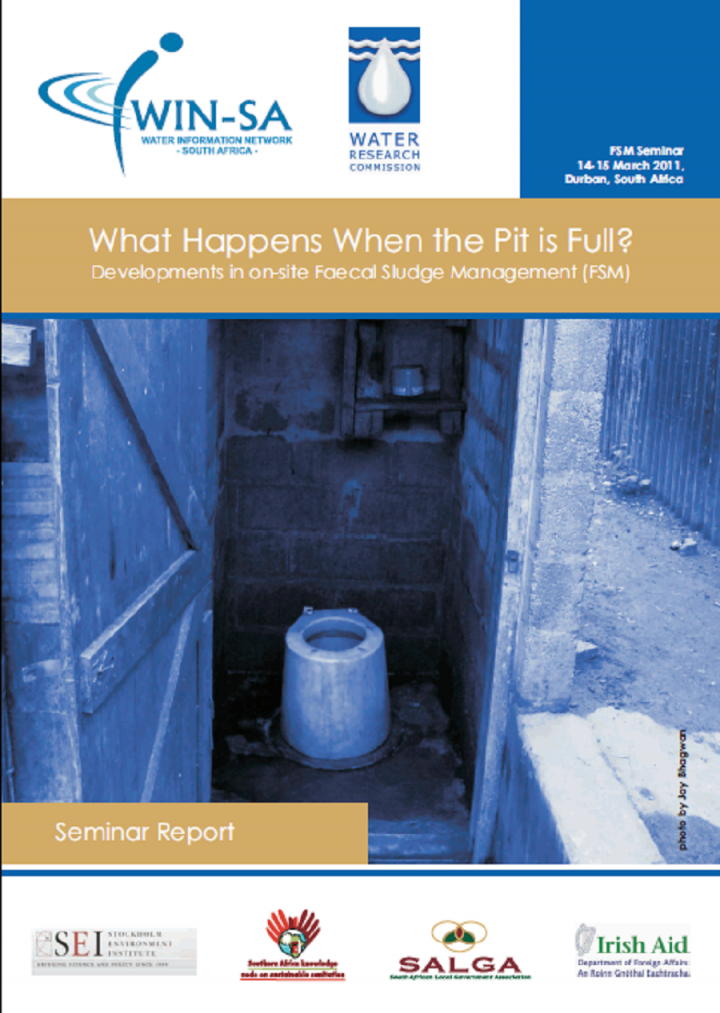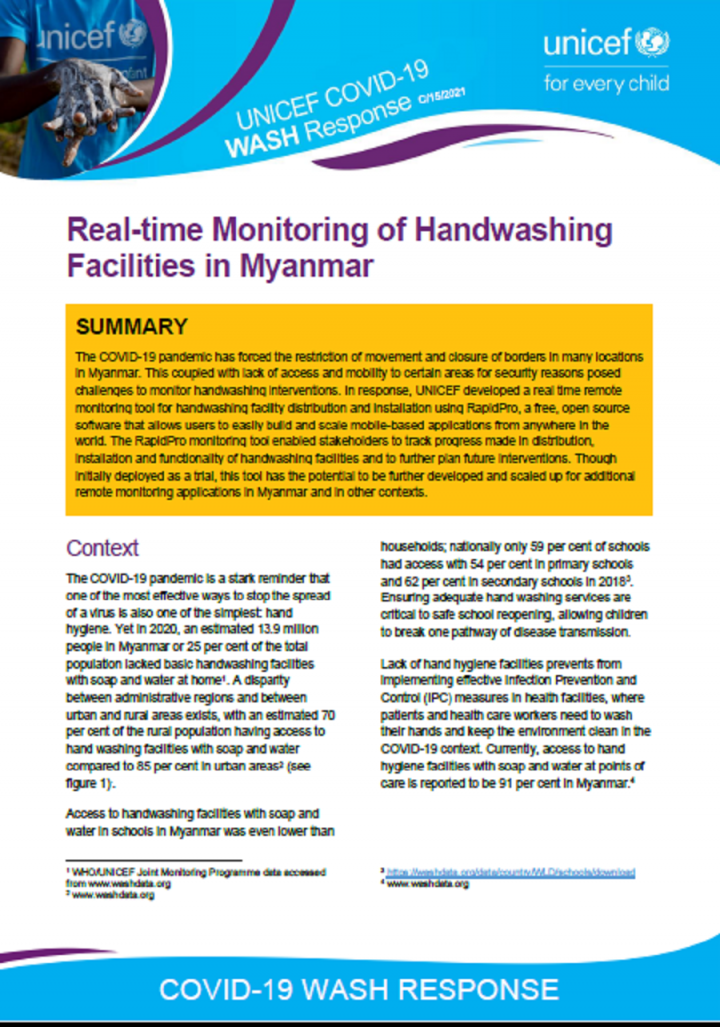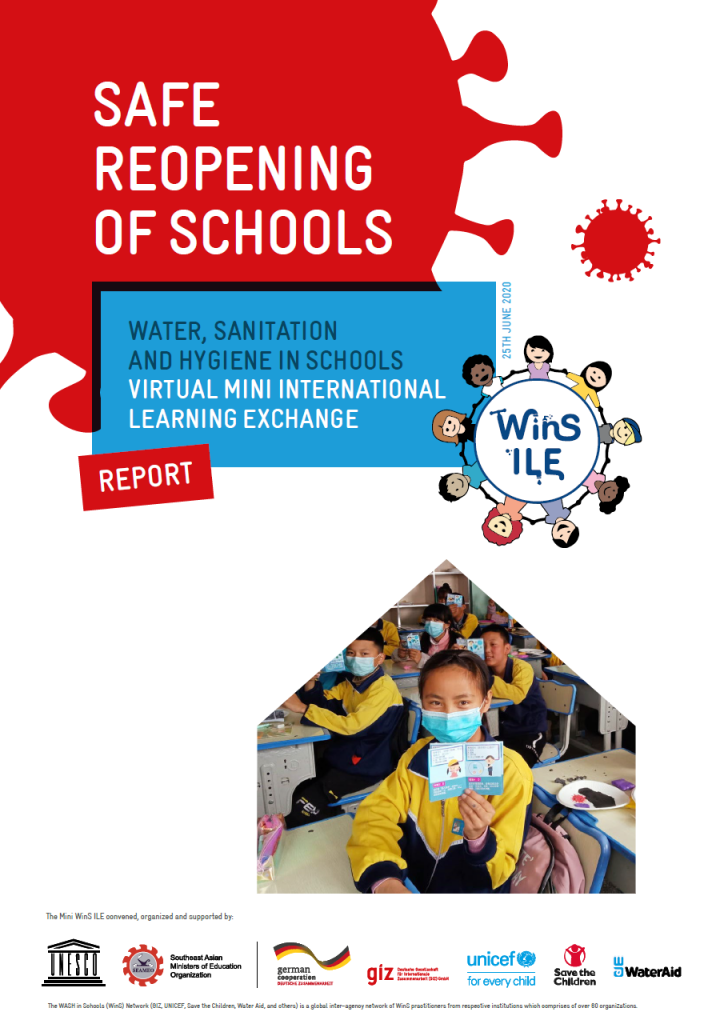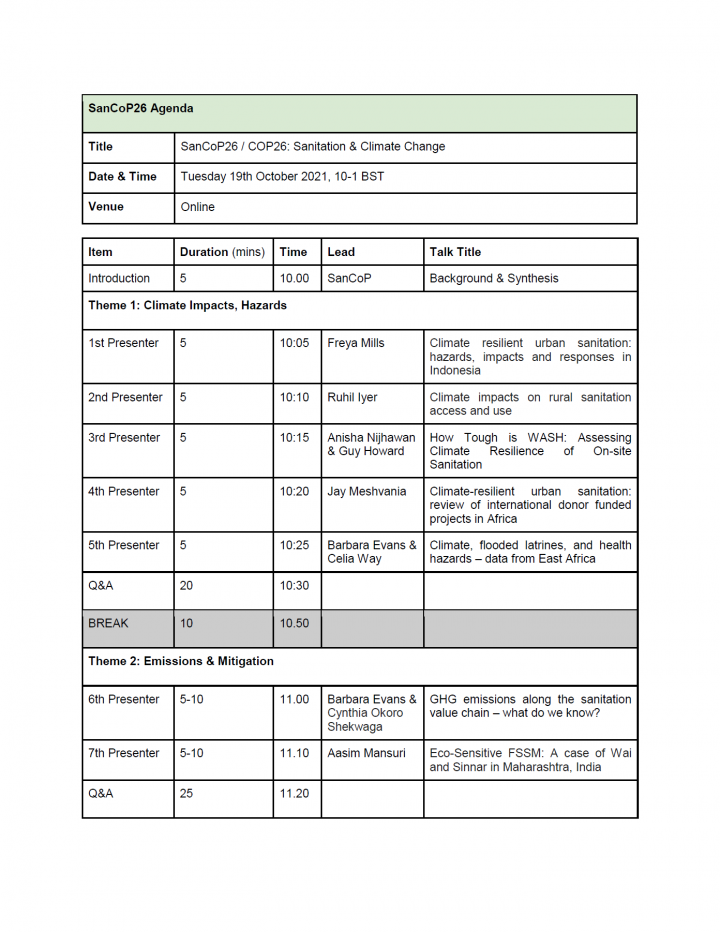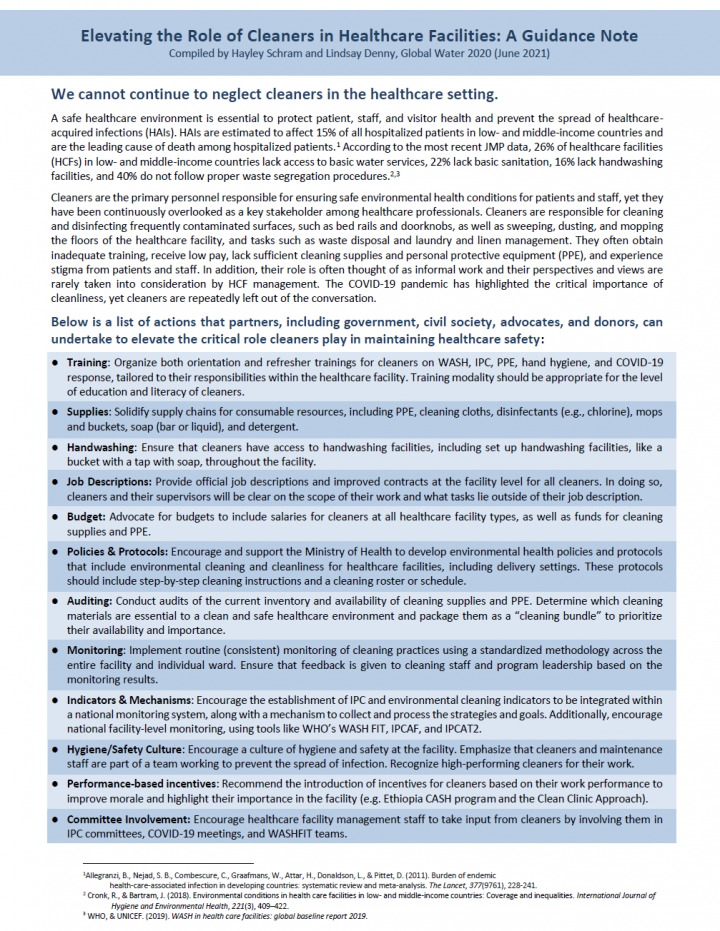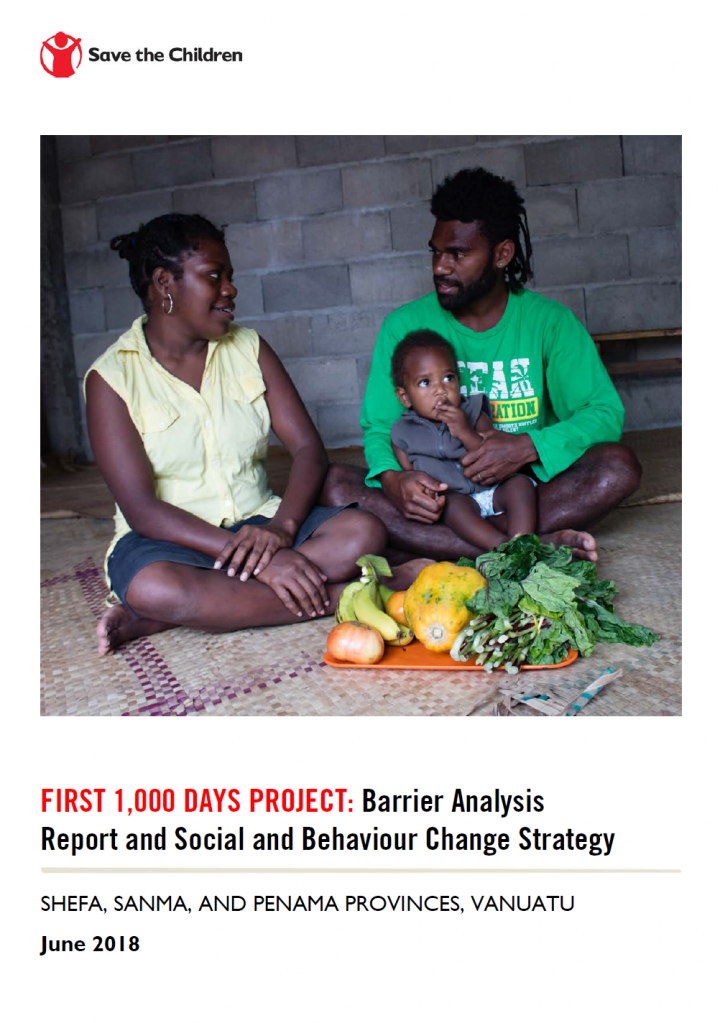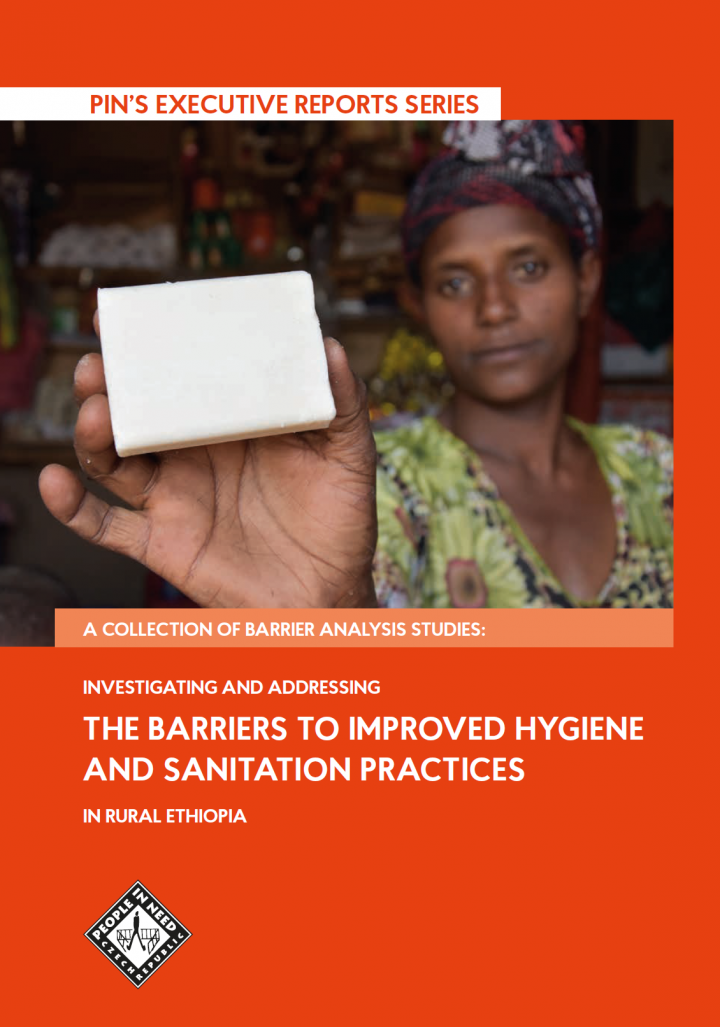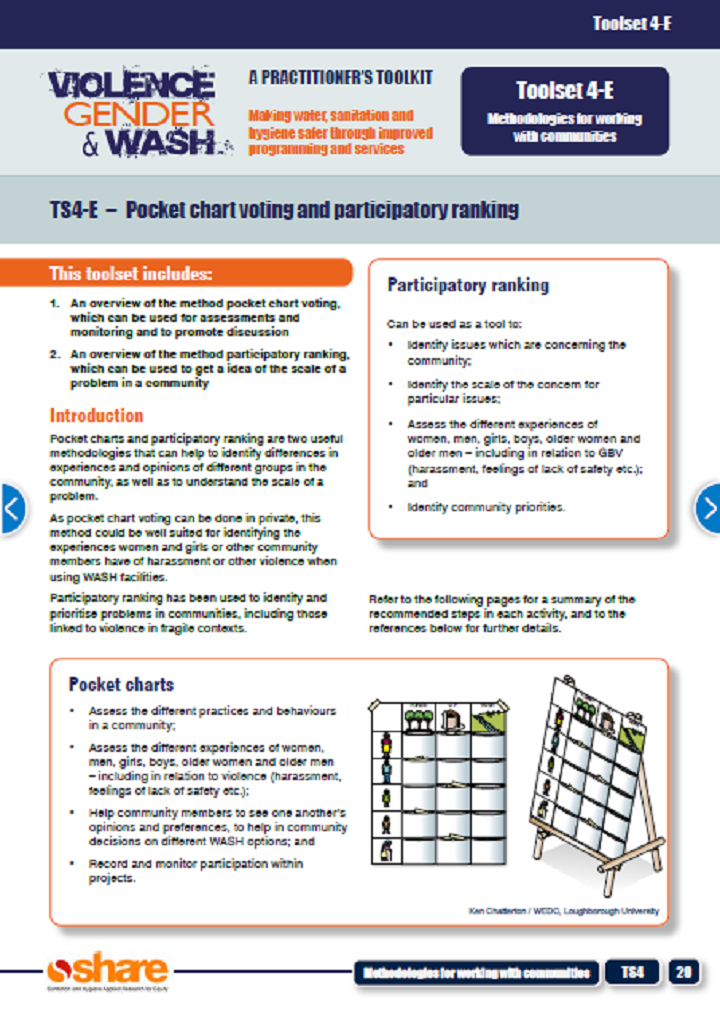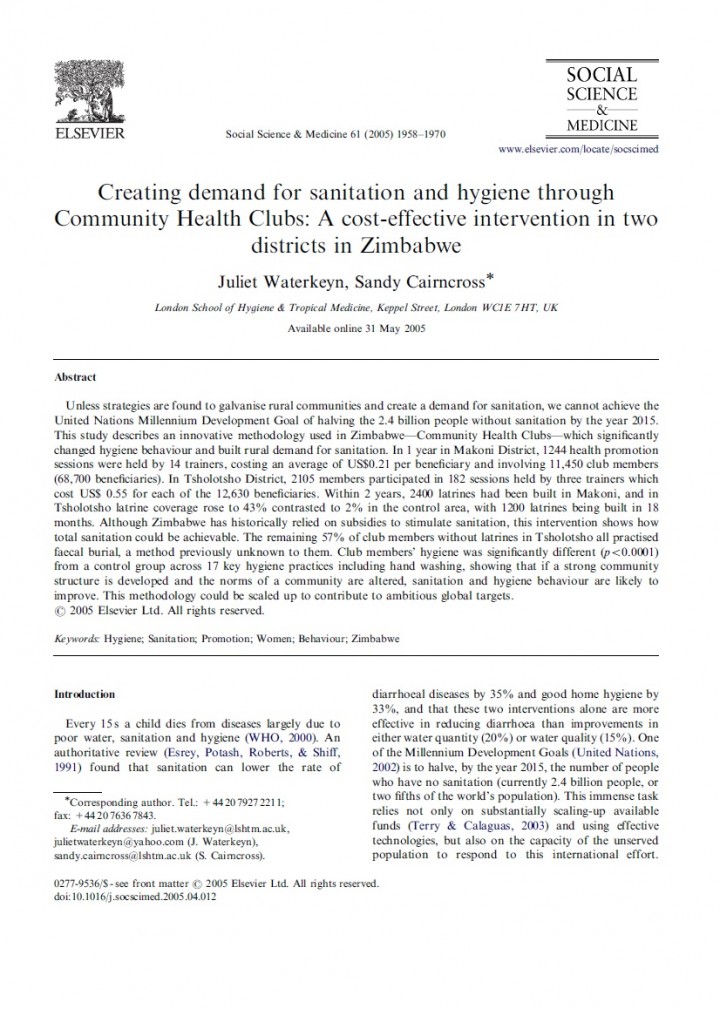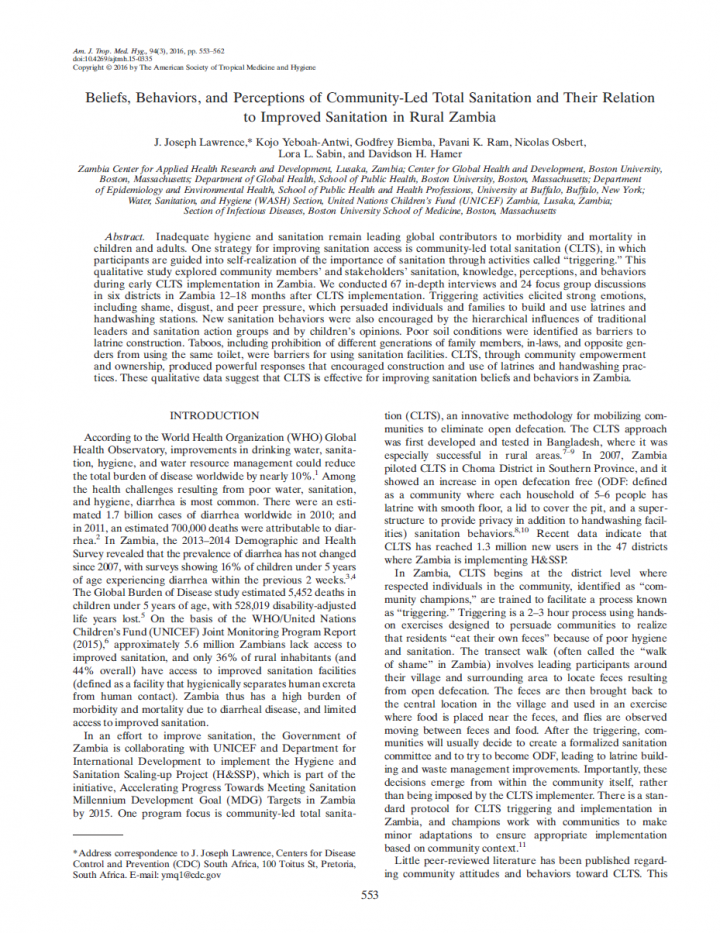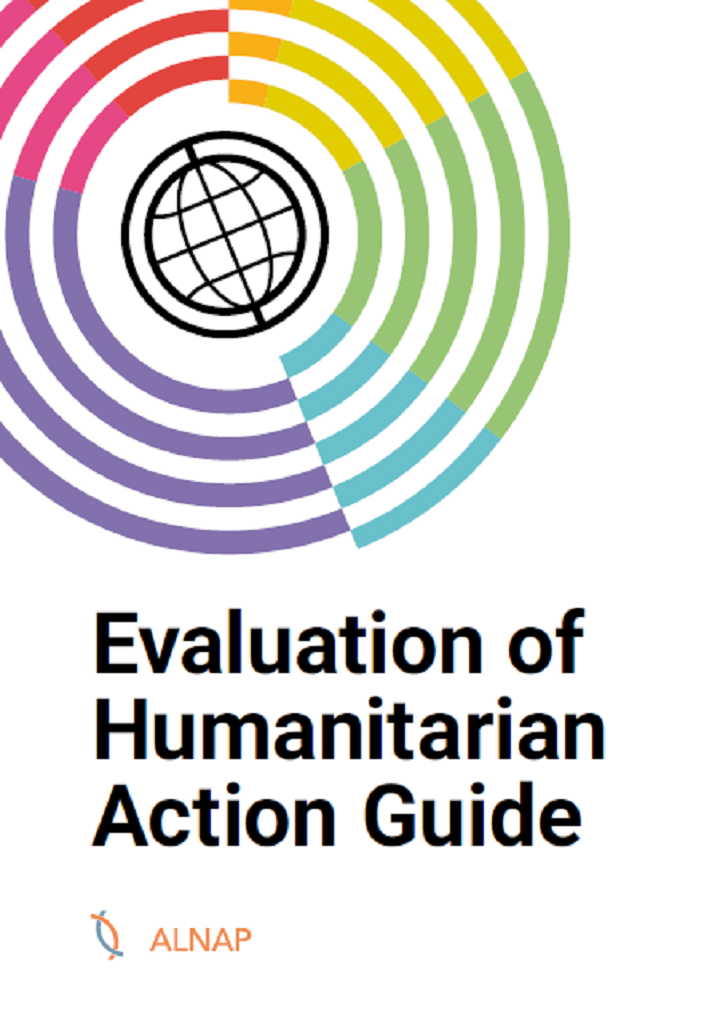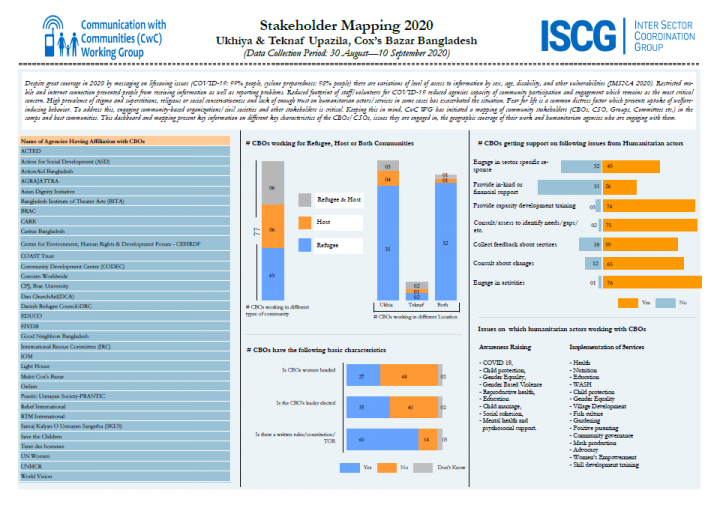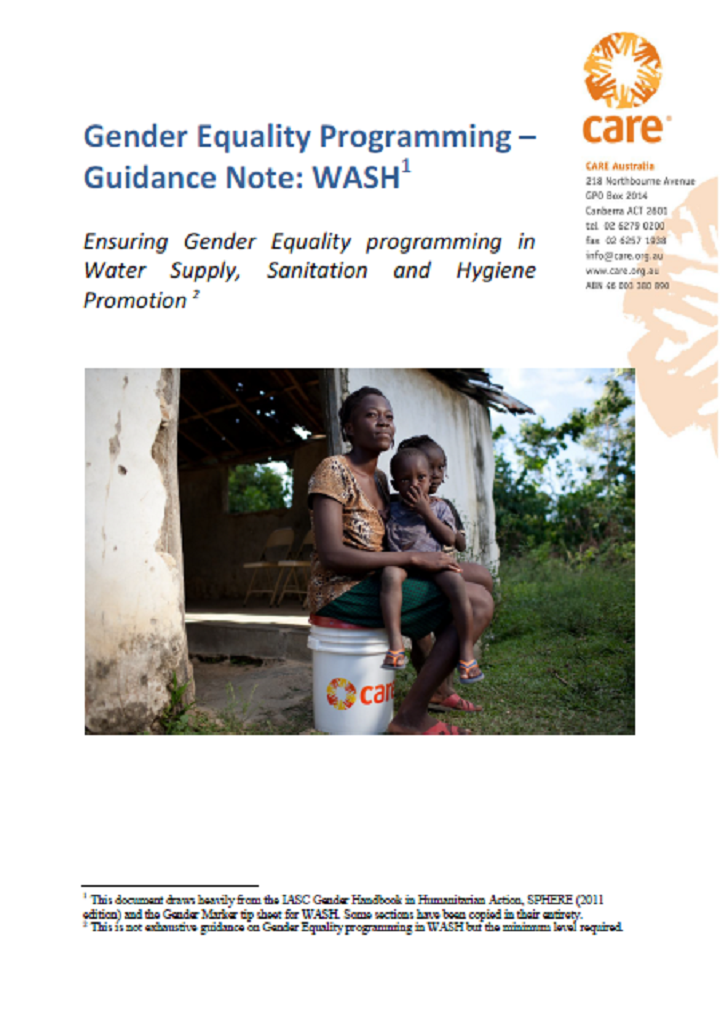Searching for information on Sanitation Workers?
The Sanitation Workers Knowledge + Learning Hub is the best source for all current news, trends, articles and updates on sanitation workers rights around the world.
In the past decade, India's Swachh Bharat Mission has significantly improved sanitation infrastructure, including toilets and treatment plants. However, sanitation workers, essential to maintaining safe sanitation, face hazardous conditions, discrimination, long hours, and low social status. To address these issues, the Government of India and state governments have launched various social …
Kushtia is a fast-growing city located along the Dhaka- N1 and Rajshahi-Kushtia highway and 171 km West of Dhaka. It is beside the Madhumati River and is well connected with road, water, and railways. It is one of the oldest towns in the sub-continent and was declared a municipality in 1869.
According to the population census in 2011 by the Bangladesh Bureau of Statistics (BBS), the Kushtia …
Jashore (previously known as Jessore) is a fast-growing city located along the Dhaka-Khulna highway and 275 km Southern-Western of Dhaka. The Bhairab River passes through the middle of the city and is well connected with road, water, and railways.
According to the population census in 2011 by the Bangladesh Bureau of Statistics (BBS), the population of Jashore Municipality was 201,796. The …
The GIZ Programme WatSSUP operates on the nexus of humanitarian and development work and focuses on both refugee and host communities. The programme is implemented under the special initiative on forced displacement of the German Federal Ministry for Economic Cooperation and Development (BMZ) and implemented by GIZ in line with Germany’s commitment to international burden and responsibility …
The water, sanitation, and solid waste sectors are closely related and have many interactions between their respective service chains in low- and middle-income countries. Currently, these interactions mostly lead to cross-contamination, and opportunities for co-benefits are seldom realized. This review presents the key advancements within each of these three development sectors in the past two …
The baseline survey was conducted in the four states of Bihar, Madhya Pradesh, Uttar Pradesh and Jharkhand. This report has analysed the data generated for the following areas:
a. Manual scavenging (MS) and dry latrines
b. Prevalence of stigma, discrimination, untouchability, gender and caste-based discrimination and violence
c. Participation in community led initiatives for rights and …
The rapid assessment attempts to collect information on the knowledge and awareness about transmission, symptoms, prevention and treatment of coronavirus, hand hygiene practices and concerns of sanitation workers and solid waste collectors about Covid-19 pandemic, the kind of safety measures put in place to protect these workers and the gaps that exist in terms of safety measures. Using …
While sanitation workers already face several health and safety risks, financial challenges and stigma due to the nature of their work and caste-based discrimination, the COVID-19 pandemic has further added to their challenges and vulnerabilities. The Urban Management Centre and WaterAid India jointly conducted a rapid assessment to understand the health, safety and social security challenges …
The objective of the seminar was to enable anyone responsible for the sustainable operation of
on-site sanitation systems to find out about new developments in the field, and to share their
experience with counterparts from elsewhere in Southern Africa and the world.
The seminar was split across six sessions and ended with two field visits (hosted by eThekwini's
Water and Sanitation …
The COVID-19 pandemic has forced the restriction of movement and closure of borders in many locations in Myanmar. This coupled with lack of access and mobility to certain areas for security reasons posed challenges to monitor handwashing interventions. In response, UNICEF developed a real time remote monitoring tool for handwashing facility distribution and installation using RapidPro, a free, …
The COVID-19 pandemic has impacted our lives since early 2020. Children suffer especially under the outbreak, as it is estimated that, globally, over one billion school children are staying home (as at June 2020) with a high number of children not continuing their education online. Nevertheless, the COVID-19 outbreak has been addressed and controlled in some countries, and gradually workplaces, …
One of the largest constraints that cleaners experience is the lack of WASH, and formal training on IPC, PPE, and hand hygiene. A needs assessment study conducted in 56 healthcare facilities throughout Bangladesh, India, The Gambia, and Zanzibar reported that on average less than a third delivered formal training to their cleaning staff. 4 Training is essential in ensuring a safe and clean …
One of the main objectives of development practitioners is to enable people to adopt and practice positive behaviours that help them to improve the quality of their lives. Development projects frequently make assumptions about why people do not follow the positive behaviors these interventions promote. However, such assumptions are often wrong and decrease the effectiveness of well-intended …
Pocket charts and participatory ranking are two useful methodologies that can help to identify differences in experiences and opinions of different groups in the community, as well as to understand the scale of a problem. As pocket chart voting can be done in private, this method could be well suited for identifying the experiences women and girls or other community members have of harassment or …
Unless strategies are found to galvanise rural communities and create a demand for sanitation, we cannot achieve the United Nations Millennium Development Goal of halving the 2.4 billion people without sanitation by the year 2015. This study describes an innovative methodology used in Zimbabwe—Community Health Clubs—which significantly changed hygiene behaviour and built rural demand for …
Inadequate hygiene and sanitation remain leading global contributors to morbidity and mortality in children and adults. One strategy for improving sanitation access is community-led total sanitation (CLTS), in which participants are guided into self-realization of the importance of sanitation through activities called “triggering.” This qualitative study explored community members' and …
The Evaluation of Humanitarian Action Guide supports evaluation specialists and non-specialists in every stage of an evaluation, from initial decision to final dissemination.
A pilot version of this Guide was first released in June 2013, following a three-year drafting process led by ALNAP, co-authors John Cosgrave and Margie Buchanan-Smith, and supported by an inter-agency advisory …
Despite great coverage in 2020 by messaging on lifesaving issues (COVID-19: 99% people, cyclone preparedness: 98% people) there are variations of level of access to information by sex, age, disability, and other vulnerabilities (JMSNA 2020). Restricted mobile and internet connection prevented people from receiving information as well as reporting problems. Reduced footprint of staff/volunteers …
The intent of this guidance note is to increase awareness among CARE’s WASH practitioners of gender issues, ensuring emergency WASH programs are viewed with a gender lens. The content is not original, rather an amalgamation of various guidance and best practice, distilled here to provide a more concise reference tool for CARE’s WASH staff to meet minimum WASH and gender equality standards.

